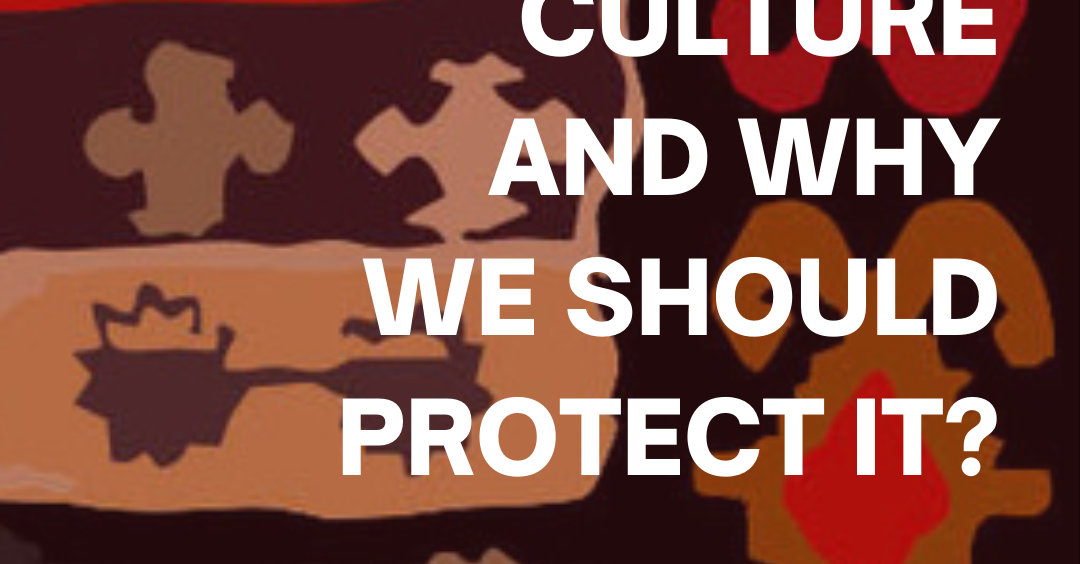Preserving the Tapestry of Identity: Understanding and Safeguarding Culture
Culture, derived from the Latin word “cultura,” encompasses the rich tapestry of human activity, beliefs, traditions, and artistic expressions that define and shape societies. It serves as the bedrock of our collective identity, providing a sense of belonging, continuity, and meaning to individuals and communities. From language and customs to rituals and artistic creations, culture reflects the shared values, experiences, and aspirations of a people, passed down through generations as a cherished legacy.
At its core, culture serves as a dynamic repository of knowledge, creativity, and innovation, fostering social cohesion, resilience, and adaptability in the face of change. It is the embodiment of our collective memory, reflecting the trials, triumphs, and traditions that have shaped our history and shaped our identity. By preserving and celebrating our cultural heritage, we honor the sacrifices of our ancestors, uphold the dignity of our communities, and forge deeper connections with our roots and heritage.
However, the rapid pace of globalization, urbanization, and technological advancement poses significant challenges to the preservation and transmission of cultural traditions and practices. As societies become increasingly interconnected and homogenized, local customs and indigenous knowledge systems risk being marginalized or lost altogether. Furthermore, the encroachment of commercialization, mass media, and consumer culture threatens to dilute the authenticity and diversity of cultural expressions, turning vibrant traditions into mere commodities for consumption.
In the face of these challenges, it is imperative that we recognize the intrinsic value of our cultural heritage and take proactive steps to safeguard and promote its vitality and relevance in the modern world. By investing in cultural education, heritage conservation, and community-based initiatives, we can empower individuals and communities to take ownership of their cultural identity and become stewards of their heritage. Moreover, by fostering intergenerational dialogue, cross-cultural exchange, and inclusive participation, we can ensure that cultural traditions remain vibrant, resilient, and adaptive to the evolving needs and aspirations of future generations.
Furthermore, the preservation of culture is not merely a matter of nostalgia or sentimentality; it is an essential component of sustainable development and social cohesion. Cultural heritage serves as a catalyst for economic growth, job creation, and sustainable tourism, contributing to local economies and enhancing the quality of life for communities. By showcasing unique cultural assets such as historic sites, traditional crafts, and performing arts, societies can attract visitors, stimulate economic activity, and generate revenue that can be reinvested in heritage conservation and community development initiatives. Moreover, cultural tourism fosters cross-cultural understanding, fosters appreciation for diversity, and promotes peaceful coexistence among peoples of different backgrounds.
Moreover, culture plays a crucial role in fostering resilience and well-being in times of crisis and adversity. During periods of social upheaval, conflict, or natural disasters, cultural practices and traditions serve as sources of solace, strength, and solidarity for affected communities. Whether through music, storytelling, or communal rituals, culture provides a sense of continuity and connection that helps individuals and communities cope with trauma, rebuild social networks, and envision a brighter future. In this sense, investing in cultural preservation and revitalization is not only a means of safeguarding our past but also a pathway to building more resilient, cohesive, and inclusive societies for the future.
Furthermore, the protection of cultural heritage is intrinsically linked to the promotion of human rights, social justice, and environmental sustainability. Indigenous cultures, traditional knowledge systems, and sacred sites are often the guardians of biodiversity, ecological wisdom, and sustainable practices that have sustained ecosystems for centuries. By respecting and preserving indigenous cultures and their relationship with the natural world, societies can learn valuable lessons about sustainable living, resource management, and ecological stewardship. Moreover, safeguarding cultural diversity and promoting intercultural dialogue are essential for building inclusive societies that respect the rights, dignity, and contributions of all individuals, regardless of their cultural background or identity.
Ultimately, the preservation of culture is a shared responsibility that requires collective action and commitment from governments, civil society, the private sector, and individuals alike. By recognizing the intrinsic value of cultural heritage and embracing its potential as a driver of sustainable development, we can harness the power of culture to create a more equitable, resilient, and harmonious world for present and future generations. Through collaborative partnerships, innovative approaches, and inclusive policies, we can ensure that culture continues to thrive as a source of inspiration, resilience, and unity for all humanity.


